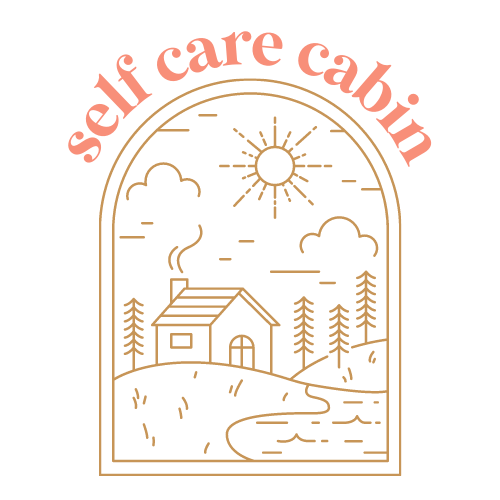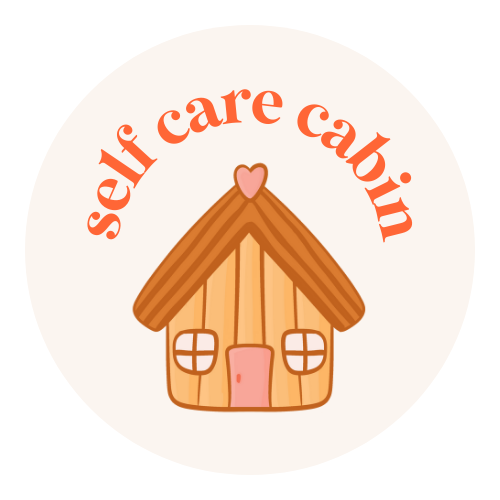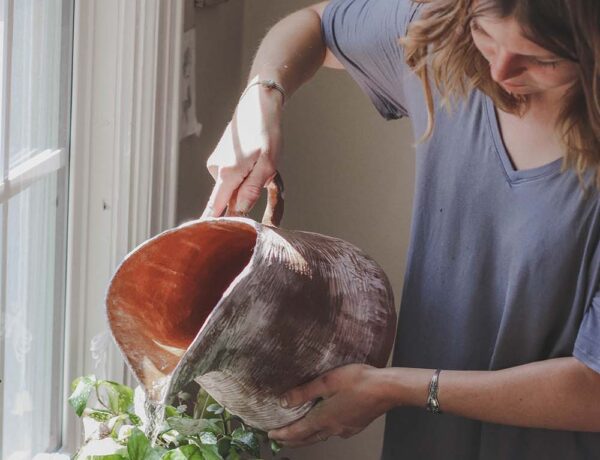We know how important self care is, but what do the numbers say?
Every piece of research done in this area helps us get a step closer to helping everyone build a self care lifestyle, and it highlights just how essential self care is to living a full and happy life.
I’ve gone digging through all the research I could find to bring you a list of all the most relevant self care statistics for 2024.
24 of the Best Self Care Statistics for 2024 and Beyond
Ready to find out what all the research studies say about the topic of self care? Here are some of the best self care statistics and self care facts I could find for you!
1. Self care activities provide stress relief
A research study from Vagaro found that 75% of Americans believe that self care activities provide stress relief. I’m glad to hear that so many people are aware of the benefits that investing in self care can bring.
2. Self care means other benefits too
There’s a recognition that self care brings lots of benefits beyond making us feel good. A study found that 64% of people saw a self confidence boost, 67% saw increased productivity, and 71% saw an increase in happiness.
3. We don’t get enough time for self care or relaxation
Studies have found that we simply don’t have enough time to relax. Unfortunately adults in the US only feel relaxed for 40 minutes per day, with 47% claiming they get less than that. That’s simply not enough time, which is a real shame!
4. Healthcare self care doesn’t get prioritized
We talk about self care in general here, but self care also includes public health self care — like taking medications, staying fit and well, and being mindful of your health problems. Studies found that only 6.6% of people engaged in health and wellbeing self care every day.
5. More focus is put on the body than the mind
Interestingly, a study found that 74% of people in America associate self care with taking care of the body or their physical health. They also highlighted fitness, exercise, beauty, and grooming rituals. Self care for mental health and wellness only surfaced as an idea for 52% of people.
6. Self care is a great reward after a long week
We’re all about Sundays here and see huge value in making time for self care at the end of the week — whether that’s spending time on a Sunday reset or a self care Sunday. It seems others agree too, with 72% of respondents using self care as a reward after a long week.
7. We’re aware that we need more self care in our daily lives
A recent study found that 73% of people are more conscious that they need more self care. What’s even better is that 69% of those people plan to add more self care to their life in the next year. Knowing that you need something and then planning to do it is a great way to get started.
8. Money holds us back from self care
Money is a huge barrier for almost everything in life, including self care. 52% of people said their finances impacted their ability to invest in self care. Self care doesn’t have to be expensive though — here are some great affordable self care ideas.
9. We’re also environmentally conscious
An interesting point that one of these surveys raised was that Americans are conscious of their self care habits and their impact on the environment. 64% of people said their self care habits clash with their sustainability goals. I completely understand this, and it’s always best to use what you already have and stay local instead of buying new or traveling long distances.
10. Single people are more likely to invest in self care
There are pros and cons to being single and being in a relationship, but it appears that single folks are more likely to spend time on self care. 42% of single individuals make space for me time, while only 30% of those in a relationship do.
11. Finding time as a parent is tough
When you’re a parent you’re being pulled in different directions all the time, often sacrificing your own quality time. This means only 32% of parents feel they have time for self care, and 39% feel guilty about taking that time. This is something I can completely relate to, as a parent of two.
12. Men are typically more consistent with their self care habits
We didn’t expect to see a big gap here, but 49% of men consistently take “me time” while only 32% of women surveyed said the same. We wish both numbers were higher and more equal.
13. Self care didn’t used to be a priority
Interestingly, self care wasn’t such a big thing before the world-changing event of the pandemic. Only 30% of Americans used to set aside time for self care beforehand — a figure that’s risen since.
14. Self care isn’t a pandemic fad
Some people think that the trend towards self care is simply as a result of being stuck indoors so much. We’re glad it’s here to stay instead, with 70% of people believing it’s not just a fad.
15. People continued their self care habits beyond the pandemic
What’s great is that people didn’t just think they’d continue their self care routines — they actually did. 67% of people made their self care habits a permanent part of their daily life.
16. People still think self care is about spa days
There’s a misconception that self care practice is all about long baths and spa days. While there’s so much more you can do, it’s still what people think of — with 47% of people saying an at-home spa ritual is the first thing that springs to mind. I think there’s still a lot we can do to promote more unusual self care ideas.
17. Some people prefer another form of self care
For some people, they’re all about spa days, but others know that there’s more to self care than relaxing at the spa. Research found 36% of people said getting a workout was their top self care idea, 35% mentioned listening to music, and 33% said flossing counted as self care time.
18. We’re willing to sacrifice things we enjoy for self care
It’s hard to prioritize self care, especially with life being as busy as it is. That being said, people are still happy to give up in other areas to get some me time — with 30% of people willing to give up their favorite food for some self care time.
19. Happy hour is especially easy to leave behind
When it comes to activities that people are most willing to say goodbye to in order to get some self care time, hitting the bar is top. 52% of people aged 21 or above would skip happy hour to spend more time on self care.
20. Self care is still only considered when we’re stressed
We wish that everyone could enjoy more self care as part of their everyday lives. Sadly, it’s still reserved as a measure in response to stress. Around 59% of people only practice self care when they’re stressed, instead of integrating it into their everyday lives.
21. Different generations get affected by burnout differently
Interestingly, research shows that burnout and stress affects generations differently. Gen Z is most likely to experience burnout at 73%, while millennials are at 57%, Gen X at 54%, and boomers at just 39%.
22. Not everyone loves journaling
Journaling is often promoted as a great self care activity — in fact we have plenty of journal prompts to help you get started. Not everyone loves it though, with only 23% of people surveyed finding it a relaxing activity.
23. A third of people would move for more self care
People move for all sorts of reasons, but it’s exciting to see that people would consider moving just to get more self care into their life. A survey found that 35% of people would be willing to move to make more self care happen.
24. Self care is a rising trend
Great news — we’re more interested in self care than ever before. Studies show that 72% of people report they’ve spent more time on self care in the last two years. Let’s hope this continues.
Do you have some self care research to add?
If you or your team has some research in this space, I’d love to link to your study and include it here! Please send me an email — you can find my details on the start here page.






No Comments